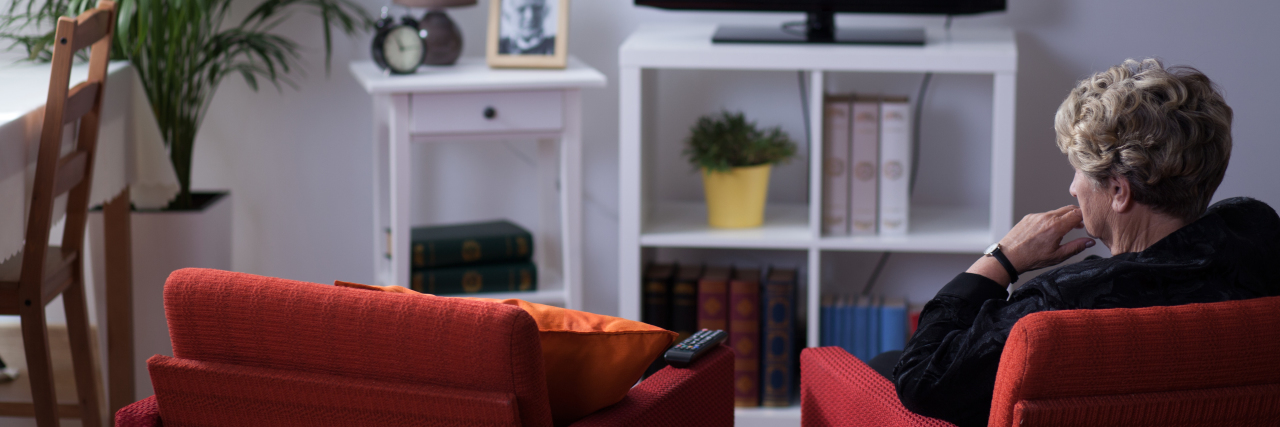Approximately 14 percent of the U.K., about nine million people, are affected by loneliness. The number has become so concerning that Prime Minister Theresa May has appointed Tracey Couch the U.K.’s Minister of Loneliness.
Although the title Minister of Loneliness may sound out of place — it’s a position the U.K. government hopes will improve the country’s mental health overall. Couch, who currently is the undersecretary for sport and civil society in the culture ministry, will be leading the efforts to build the Jo Cox Commission on Loneliness, with the goal of helping people of all ages connect with each other and reducing overall rates of chronic loneliness.
Concurrent to this, the Office of National Statistics will establish a fund to both continue researching the effects loneliness and to establish better tools to measure its prevalence. There is already a Campaign to End Loneliness in Britain, which tackles loneliness and isolation in older age.
Human connection is vital, yet U.K. government research has found “about 200,000 older people in Britain had not had a conversation with a friend or relative in more than a month.” The U.K. government responded to the findings of its report by appointing a Minister of Loneliness.
Loneliness can be detrimental to both physical and mental health. “There is robust evidence that social isolation and loneliness significantly increase risk for premature mortality, and the magnitude of the risk exceeds that of many leading health indicators,” Julianne Holt-Lunstad, a psychology professor at Brigham Young University and research studying loneliness, said at the Annual Convention of the American Psychological Association. “[M]any nations around the world now suggest we are facing a ‘loneliness epidemic.’ The challenge we face now is what can be done about it.”
In the United States, nearly half of adults 62 and older experience loneliness to some degree. Perhaps America could use a Minister of Loneliness as well.
Header image via KatarzynaBialasiewicz/Getty Images.

